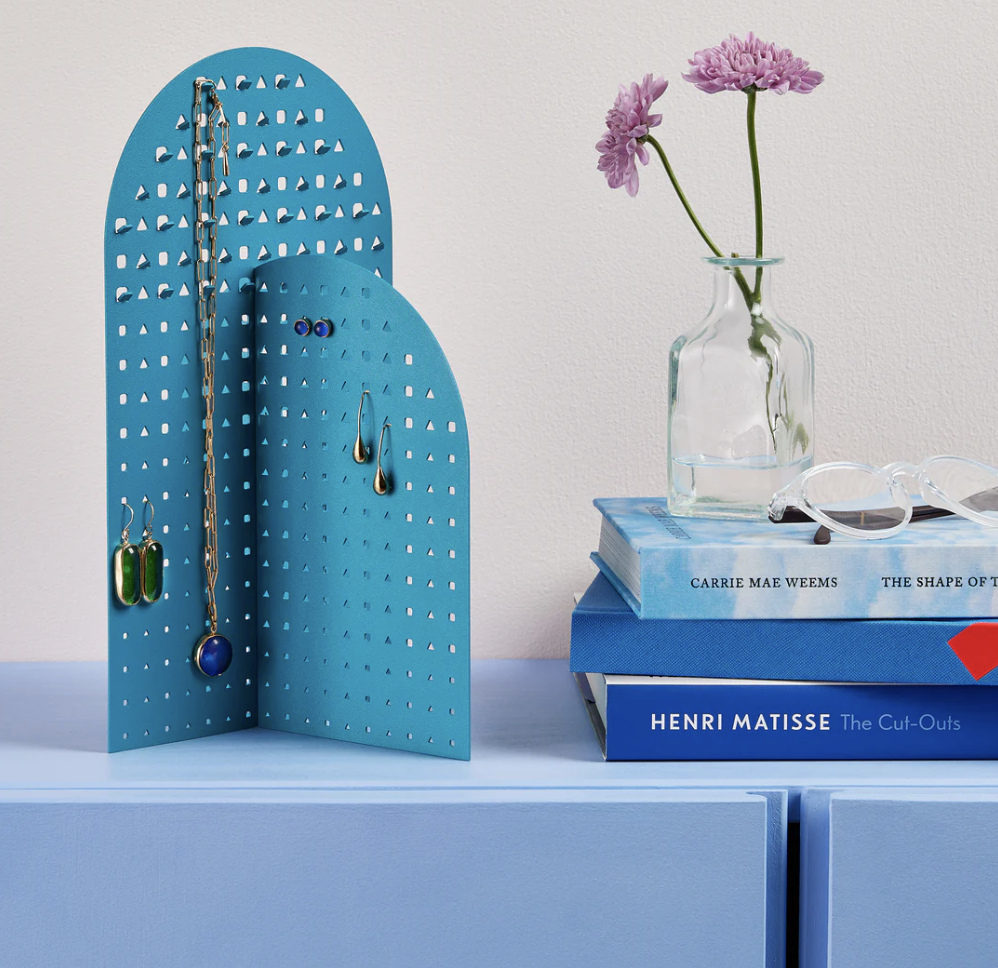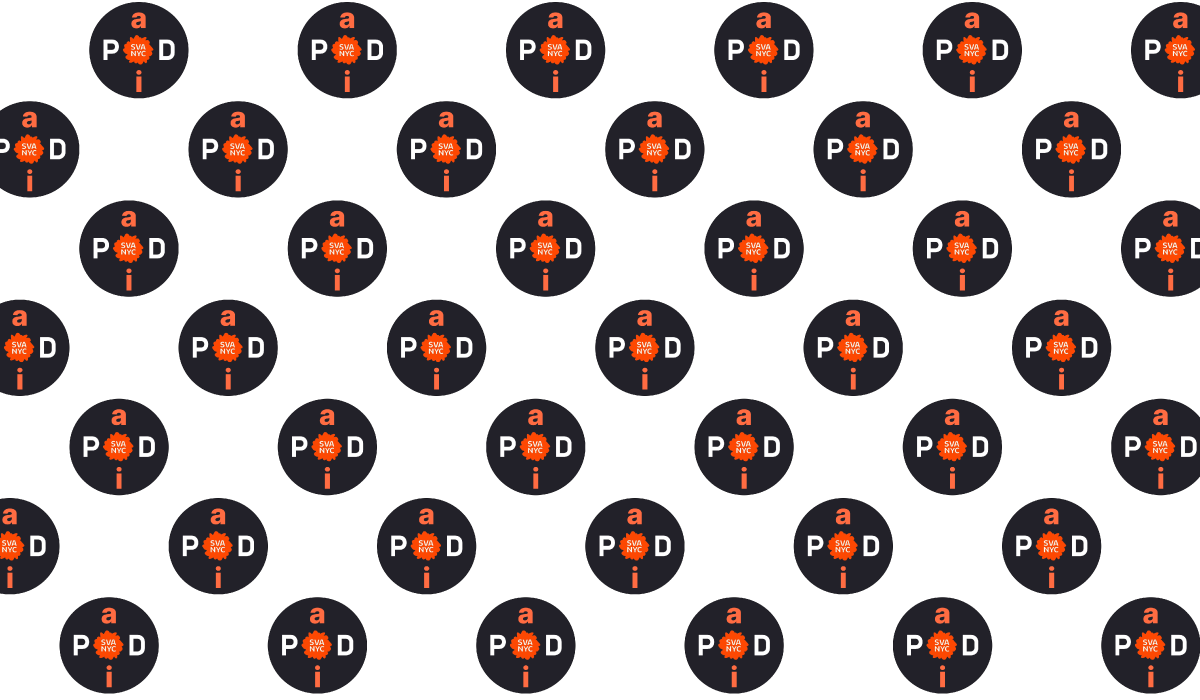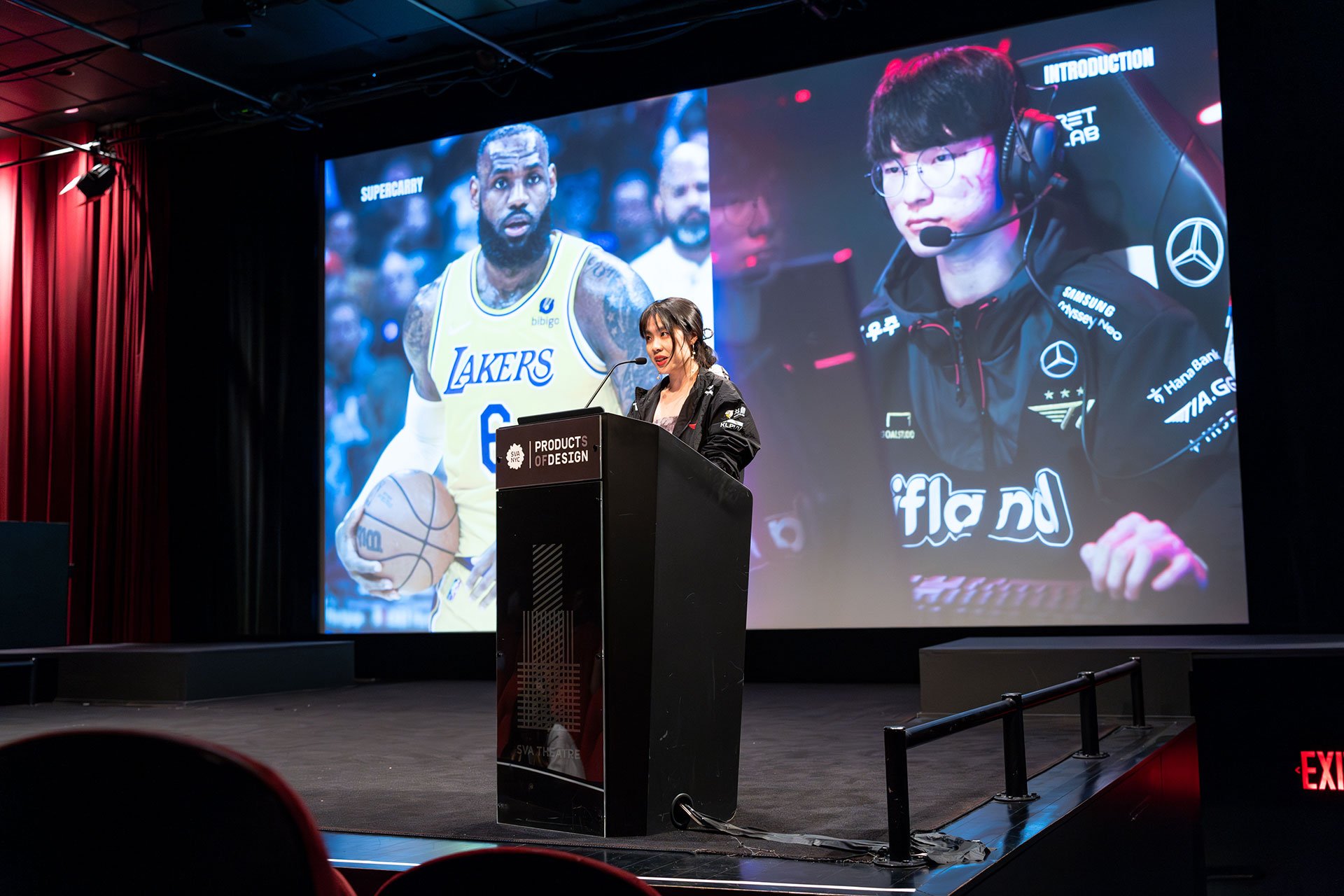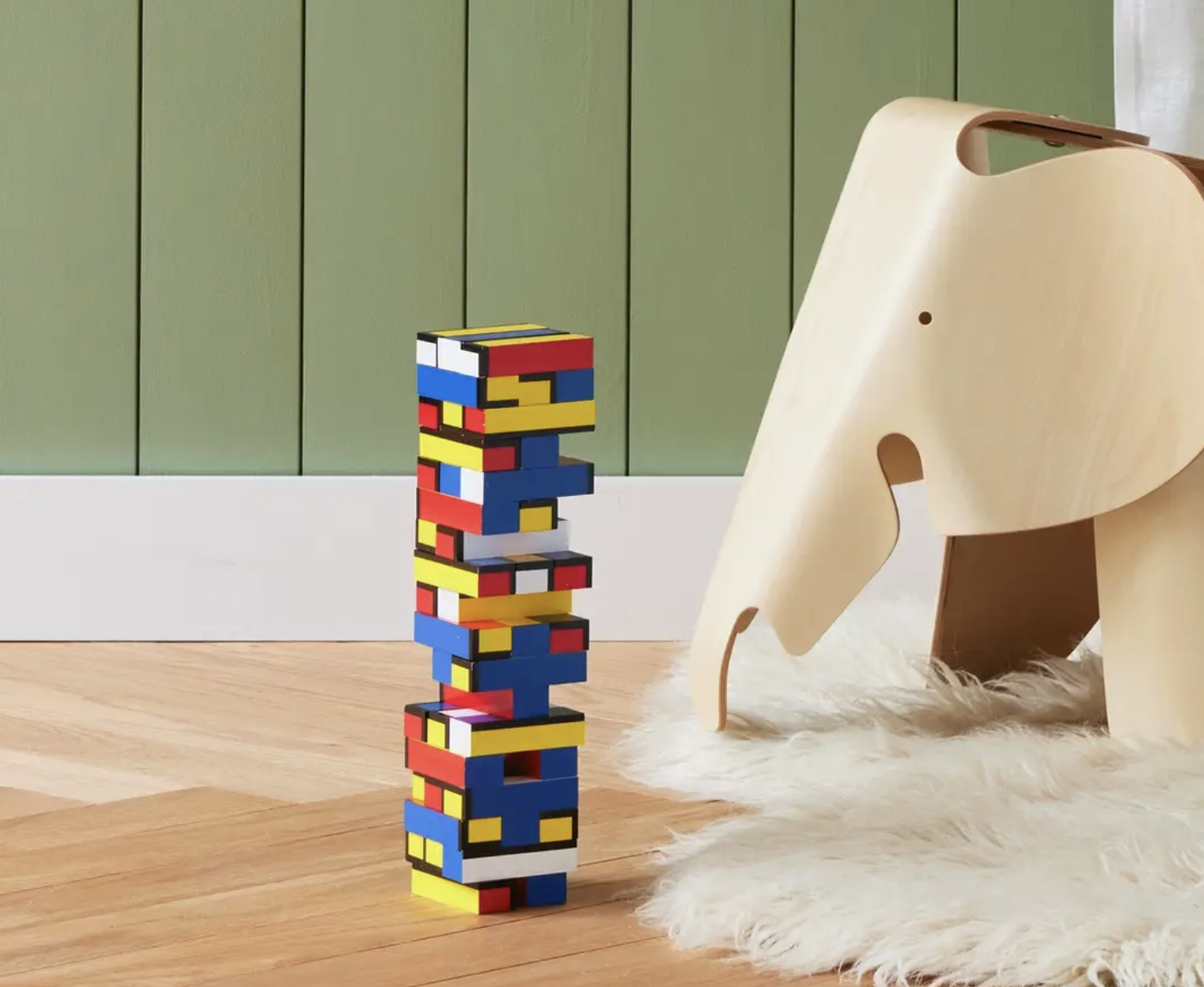Department Blog
Department news, events, and snapshots of student life at SVA in New York City.
Rolling admissions still open!
〰️
Rolling admissions still open! 〰️
Featured Posts
All Blog Posts

NO DO-OVER: Designing Lives Without Regret
Tzu-Ching Lin’s thesis, No Do-Over: Designing Lives Without Regret, uses design to help people live with their regrets in peaceful coexistence. Through speculative product designs, an app, and a public experience, Tzu-Ching’s thesis provides tools for attaining perspective and making better decisions, in order to live a life of less regret.

SMALL BUT CERTAIN HAPPINESS: Finding fulfillment in a Low Desire Society
For his thesis, Small But Certain Happiness: Finding Fulfillment in a Low Desire Society, Runshi set out to create simple but delightful experiences that reduce the pressures in the day-to-day lives of Chinese youth who feel incapable of achieving goals in their careers and personal lives, so much so that they have been called the “low-desire society”.

UNAUTHORIZED PLAY: Design Provocations for Children in Crisis
Sophie Carrillo’s thesis Unauthorized Play: Design Provocations for Children in Crisis is a year-long exploration on the potential benefits of implementing more play into children’s lives, particularly for children who are growing up in adverse environments. From her research and conversations, two key ingredients of play emerged: risk and agency. This insight launched her into an exploration of what makes kids feel empowered and fearless. Sophie envisioned several design interventions within the play spectrum, ranging from entirely child-led ones to ones directed by schools and parents.
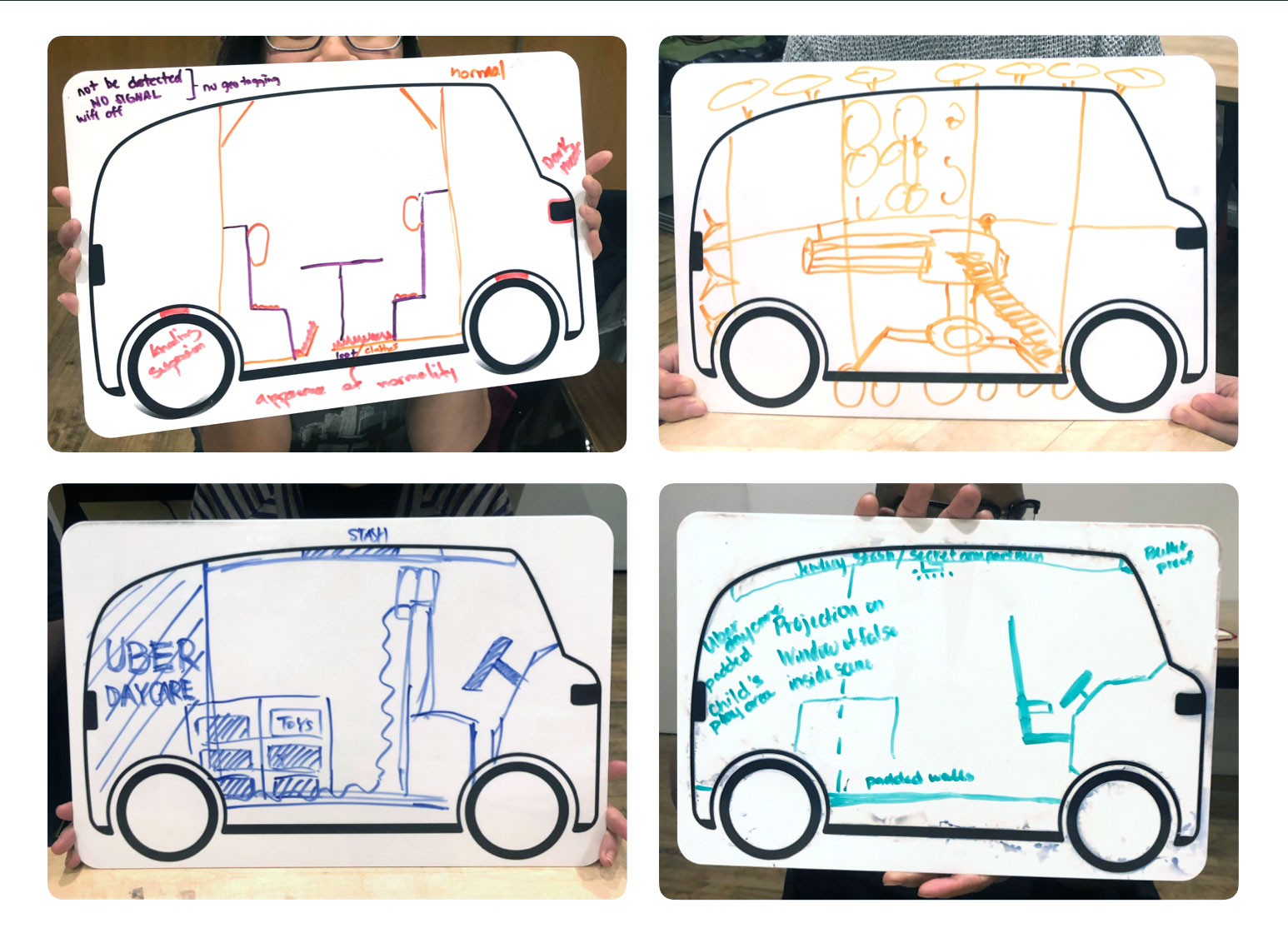
DENSITY IS DESTINY: Designs for Shared Experience in the Coming Age of Autonomous Vehicles
In his thesis, Density is Destiny: Designs for Shared Experience in the Coming Age of Autonomous Vehicles, André Orta envisions a future of optimized ride-sharing, where increasing the density of passengers per vehicle not only alleviates systemic issues like traffic, but also enables new community spaces to flourish inside the driverless, shared vehicles of the near future.
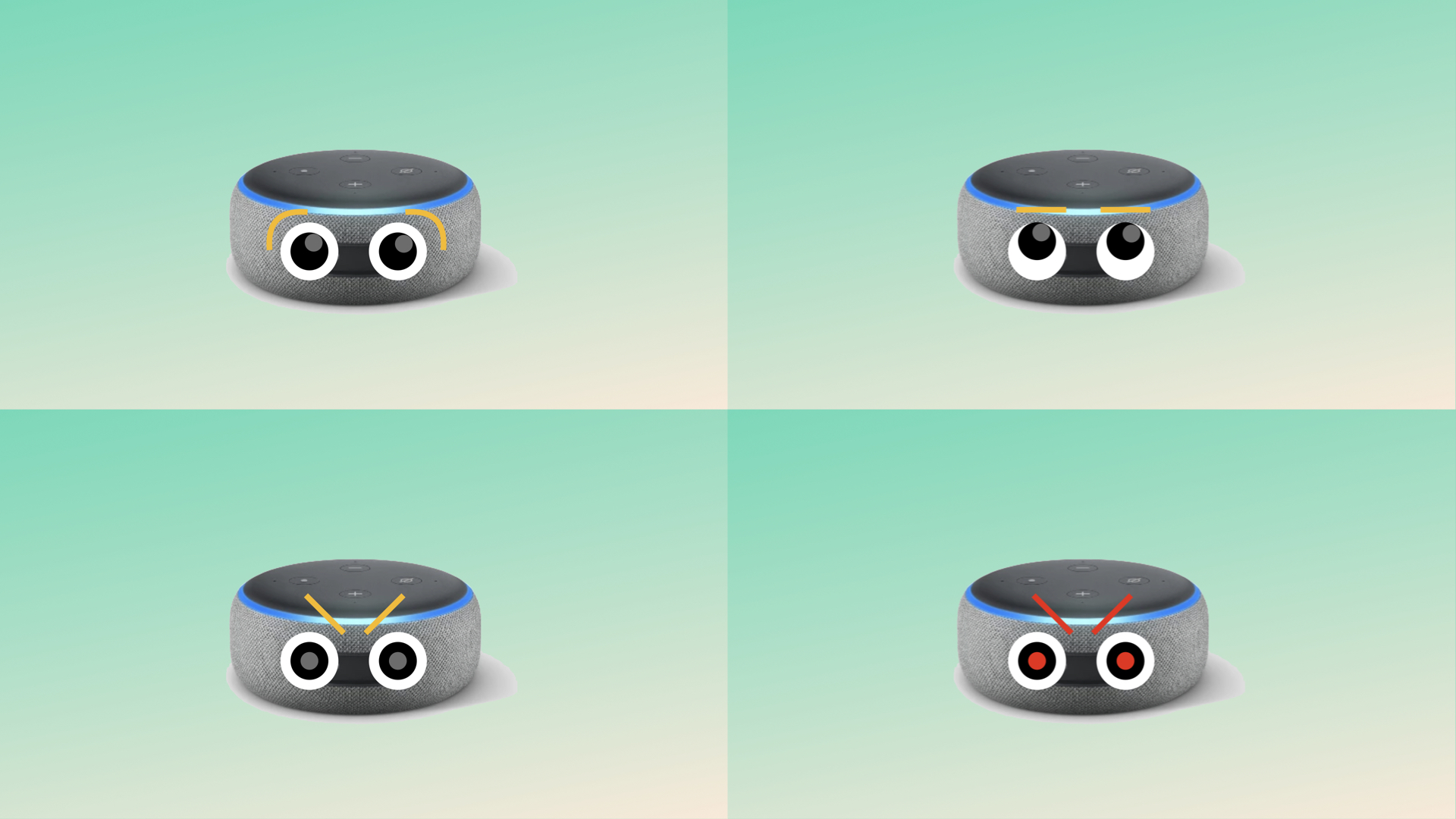
ALEXA, HELP ME BE A BETTER HUMAN: Redesigning Conversational Artificial Intelligence for Emotional Connection
Evie Cheung’s thesis, Alexa, Help Me Be A Better Human: Redesigning Conversational Artificial Intelligence for Emotional Connection, interrogates the status quo of the artificial intelligence (AI) space, and suggests pathways to use intersectional thinking to imagine new applications for the technology. Her thesis intends to help people connect with themselves and with other humans, through interventions that use conversational AI and natural language processing.

ATTAINABLE: Designing for Academic Engagement Through Sports and Exercise
Micah’s thesis, Attainable: Designing for Academic Engagement Through Sports and Exercise, uses methodologies from sports and exercise as a design toolkit to encourage academic engagement in students. Micah designed interventions that provide students with increased focus, communal support, and career opportunities.
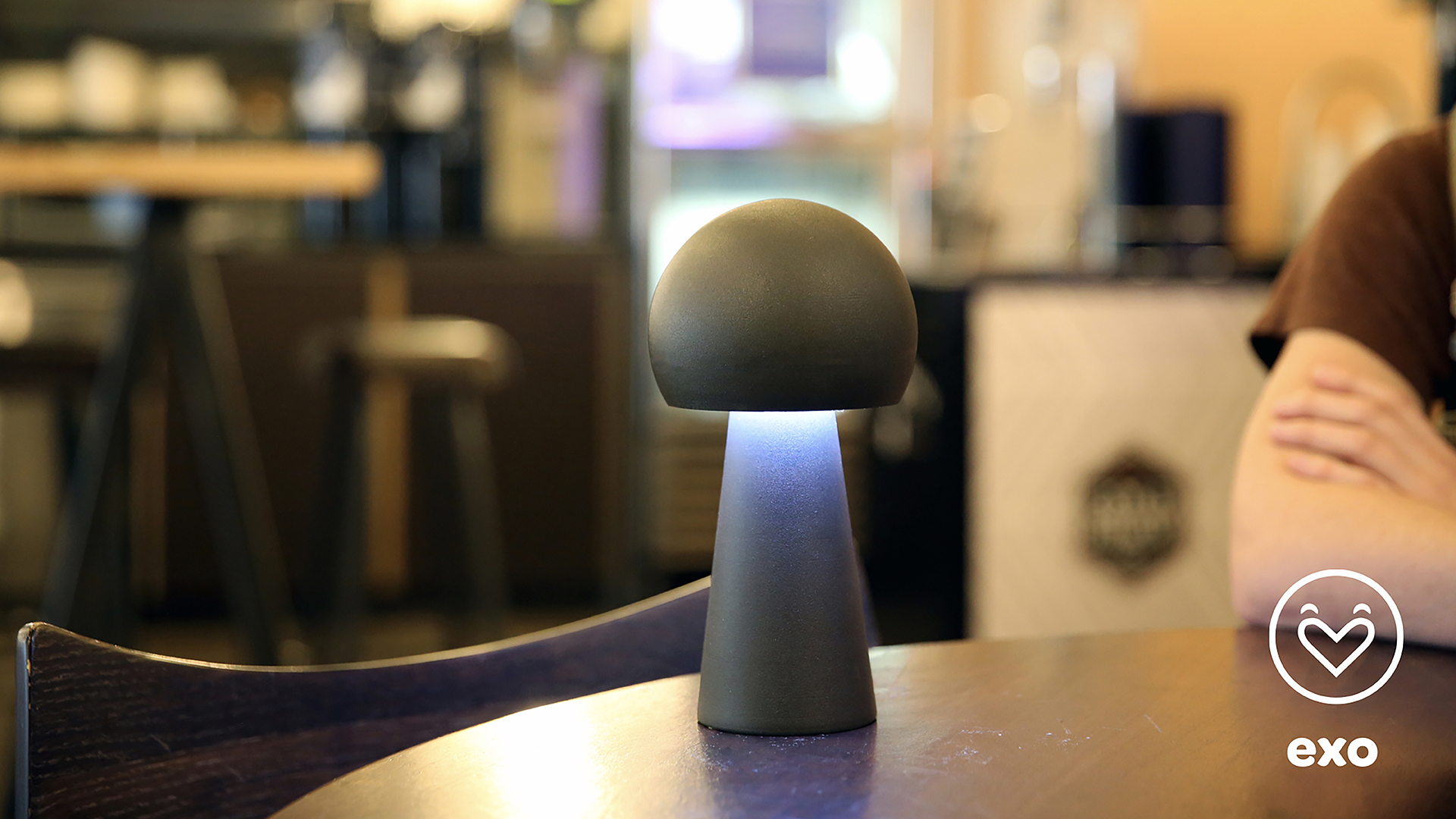
PUBLIC SPEAKING ANXIETY: The Environments That Make or Break Us
As someone who has suffered from public speaking anxiety her whole life, Eugenia Ramos decided to face her fear and treat her condition as a case study and a personal challenge for her thesis, Public Speaking Anxiety: The Environments That Make or Break Us. She designed a set of tools that help people improve their communication skills, overcome the anxiety caused by public speaking.

THE AHA MOVEMENT: The Creative Process at Work
For Ellen Rose’s thesis, The Aha Movement: The Creative Process at Work, Ellen delved into an exploration of how design might be used to foster a team’s collective creative practice. She saw an opportunity to design products and services that cultivate creativity in the workplace based on the fundaments of trust, resilience and the chance for coincidence.
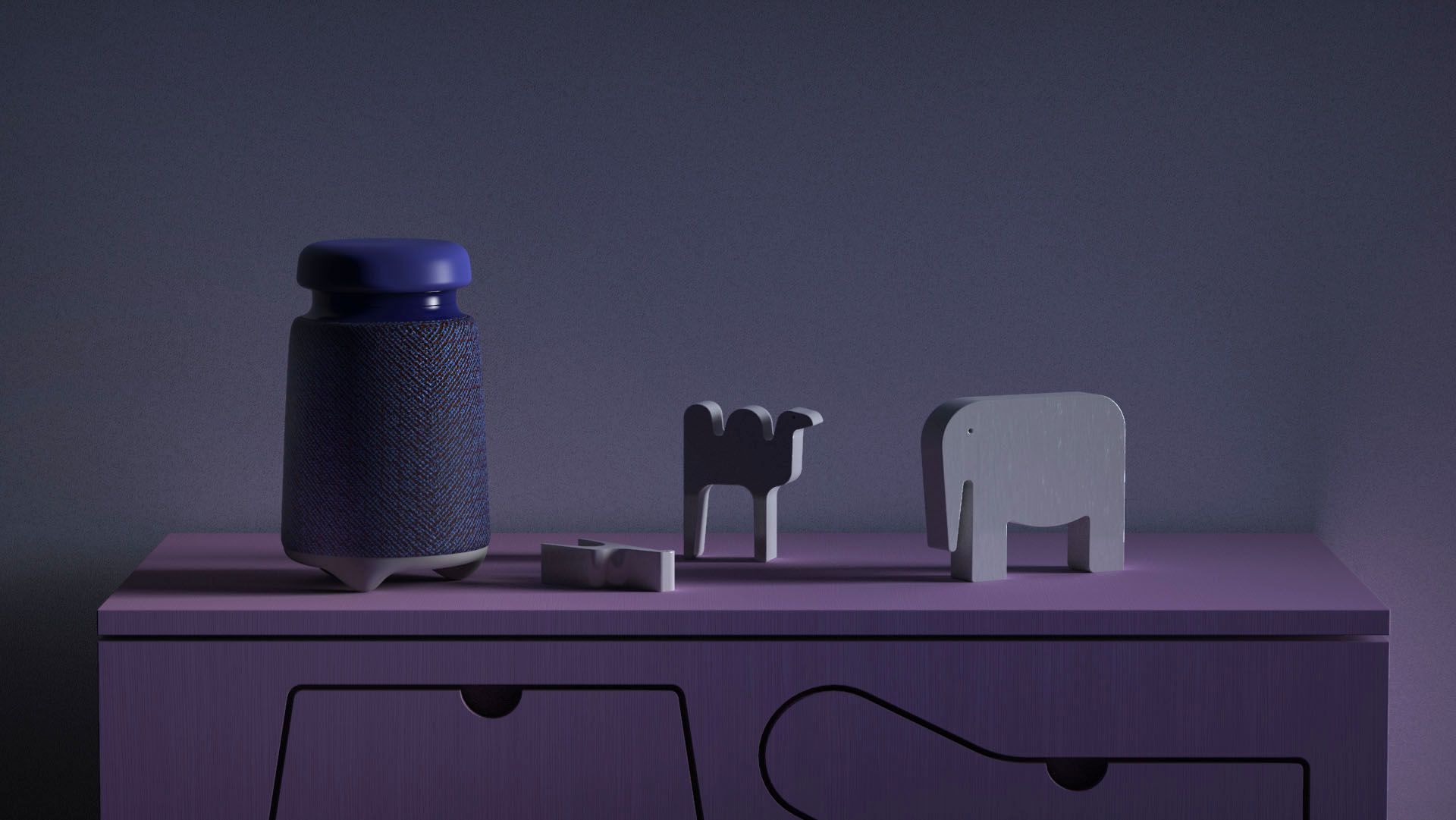
CLOSER KIN: Building Stronger Family Environments By Design
In his thesis, Closer Kin: Building Stronger Family Environments by Design, Kevin Cook explores how children’s outcomes could be improved by strengthening family relationships. Kevin argues that for children facing adversity, products promoting positive socio-emotional validation in the home could make children more resilient, allow space for healthier development, and ultimately reduce future inequalities.

